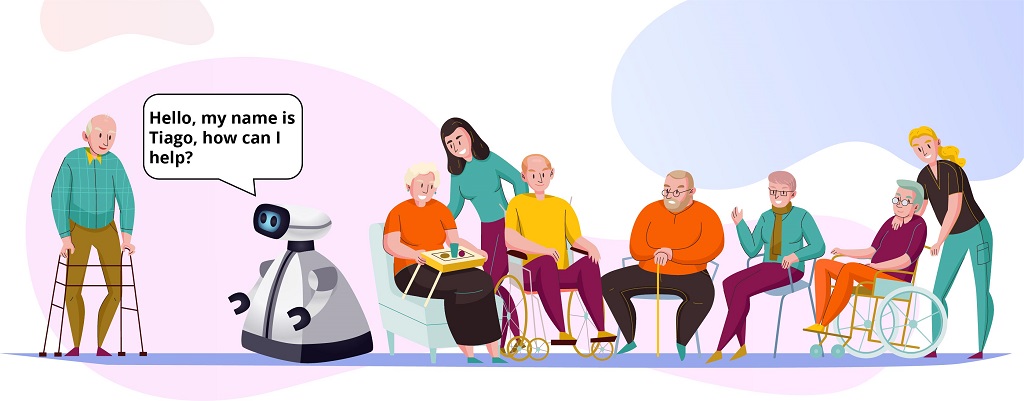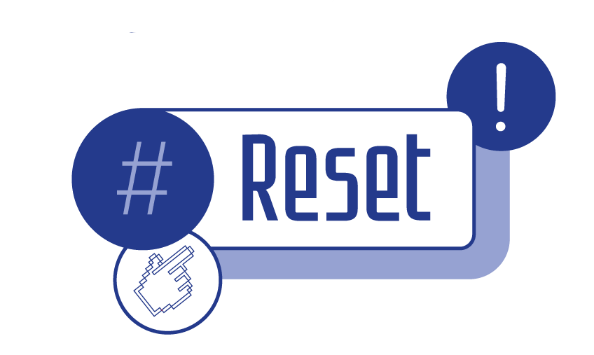To make it simple, in the common sense, the “public service” is the practical way for public authorities (national and local) to implement their public policies. For instance:
- A university is one of the practical instruments used to implement the education and training policy;
- A metro company is one of the practical instruments used to implement the public transport and mobility policy.
Those “public services” can be found in many different forms. Is a private cinema a public service as screening movies can be a part of the cultural policy?
This is where you find the limit between common sense and the legal definition of “public service”. Indeed, from 1870 to nowadays, French administrative judges have created and tweaked the criteria that formally identify a public service, just like a stamp. The identification of public service is not as easy as it may sound. In fact, as we said earlier, public service may be identified whether it’s a public establishment or a private company assuming a public service mission. This identification has one purpose: to apply a special legal framework for special services.
Indeed, however, the form of the involved service (public establishment, public institution, a private company, etc.) as soon as an activity is legally identified as a public service, some principles must guide their actions. The most famous principles are the three “Lois de Rolland” form the classical administrative law doctrine: continuity, equality, and adaptability. Still, the modern doctrine tries to identify new principles as quality, security, transparency…
The Principles
The first part of my research is about the study of these principles in the areas of software and digital use in the public services, especially administrative bodies. In fact, in these areas:
- continuity could be understood as maintenance,
- adaptability could be understood as portability of the data if the public body decides to change its software provider,
- transparency could be understood as “explanability” of a decision-making AI.
Digital or not, those public services’ principles are big “guidelines” for the public service activities. Indeed, it does not have much sense to say that public service must respect the continuity principle. These principles must be “translated” in practical legal obligations. It leaves us with two options: regulation and contractual obligations.
The Software Editor Obligations
So, the second part of my research is about identifying these precise obligations which must be obeyed by the software editor as he is providing digital solutions to a public entity itself subject to the public services’ principles.

In the one hand, regulation can be found in many shapes. It can be normative (law, executive norms, etc.). It can also be judicial. Even though the French system is really based on civil written law, the public services’ principles imply that an administrative judge can use them as a legal basis to enforce some measures even without any law.
In the second hand, French lawyers say “le contrat est la loi des parties” which could be translated in “The contract is the law of the parties”. Indeed, one of the biggest legal grounds of civil law is the freedom of contract. Although don’t forget we are talking about legal interactions between two parties, one of which is a public entity, hence the rules of public purchase and public contracts apply.
Necessarily, the contract is unbalanced as the public entity has specific prerogatives (some of which are directly based on public services’ principles). However, the area of software is very specific, and the process of public purchase is not easy for a buyer who is usually a jurist and not a computer scientist. The contracting process is thereby very interesting and shows that even when the parties are not forced by the law to comply with the public services’ principles, some of them can be found in the contractual documents.
The final point of this study is about answering some practical questions the public buyer and the software editor can come across:
- Can a public buyer end unilaterally a contract if the technology used by my software editor is too old?
- In that case, can he force the editor to assume the portability of all his data in a way that his activity will not be discontinued at all?
- Is there any special cybersecurity obligation while working with a public entity as it holds its constituents’ data?





